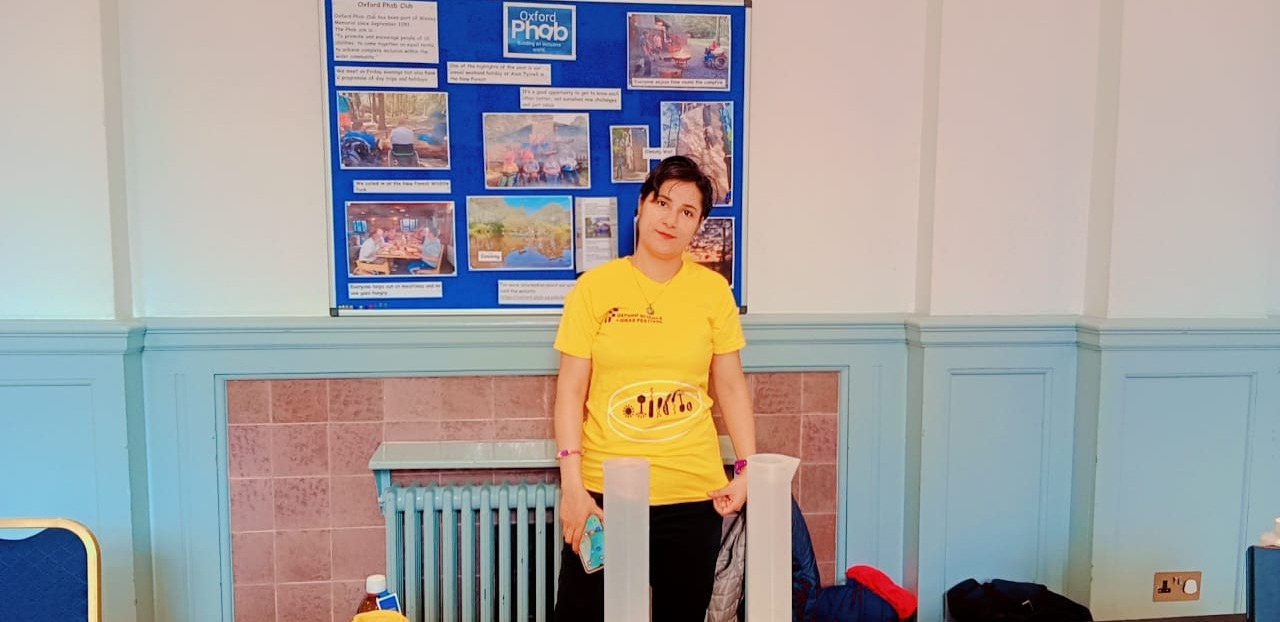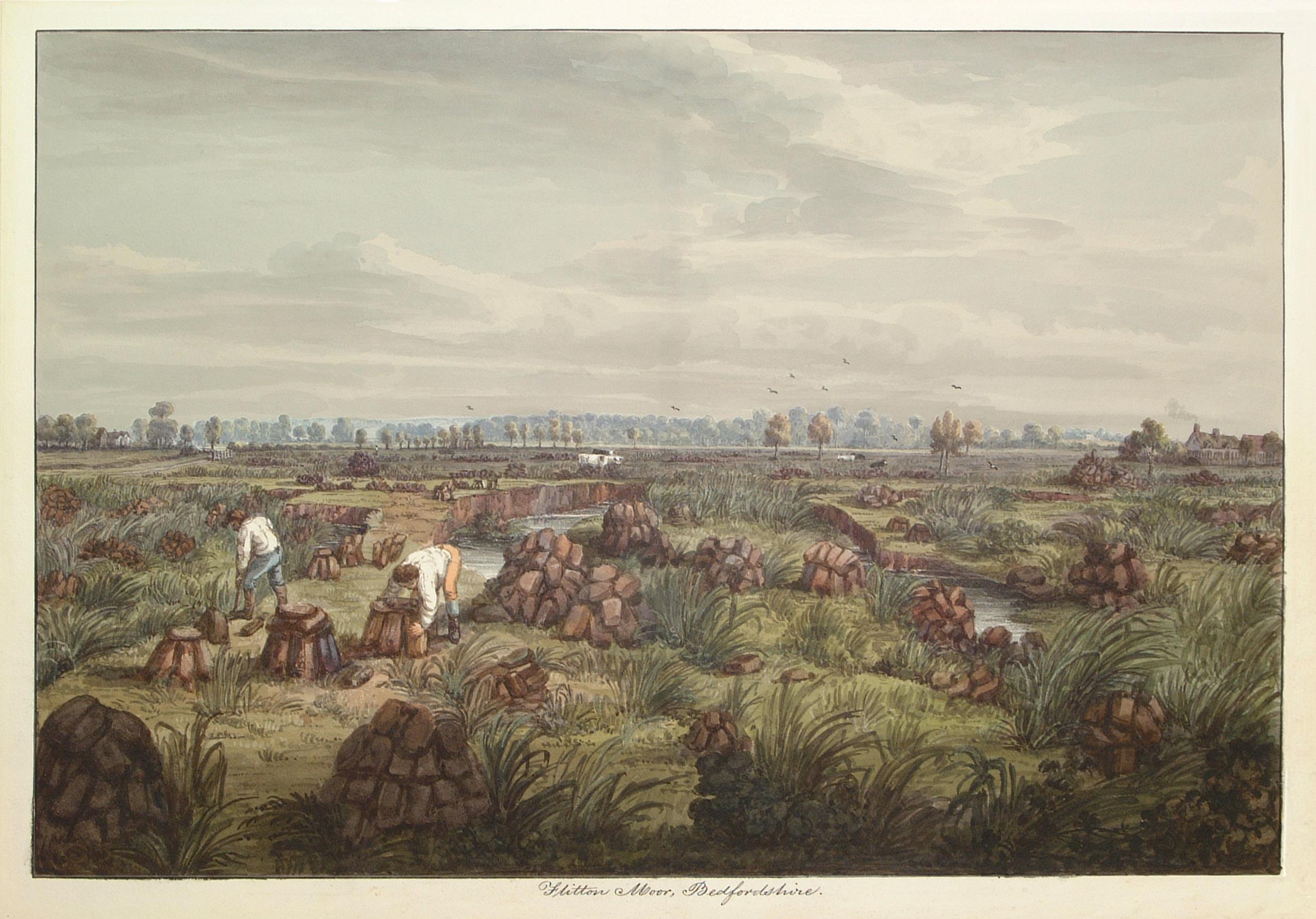Judgement vs Process
19/04/2018

Listening to the Today programme I was interested to hear a former employee of the Border Agency talking about the way in which immigration officers exercised judgement in dealing with people whose right to stay in this country was in doubt. He explained that it was not just a case of looking at documents, some of which were inaccurate anyway, it was a matter of talking to people and making an informed judgement based on several pieces of evidence. He talked about having the responsibility to do that himself.
Some years ago, while running a training business, a member of my admin team noticed that course notes for “managing teams” were in the “leadership” course folders. When the new recruit tasked with putting notes in folders was questioned about this she explained she had only followed instructions written on her briefing notes. She hadn’t thought to question something that was clearly wrong. I was concerned that she may have felt too intimidated to ask someone. That wasn’t the case. She thought because the instructions were written down they must be right.
In recent years I have become increasingly concerned that strict adherence to process is driving out the use of common sense. People either don’t want to exercise judgement or can’t. We’re not encouraging them to think for themselves – even at senior levels. Process is very important but judgement is essential, even if all the person does is refer it to higher authority.
Categories & Tags:
Leave a comment on this post:
You might also like…
My Apprenticeship Journey – Broadening Horizons
Laura, Senior Systems Engineer at a leading aircraft manufacturing company, joined Cranfield on the Systems Engineering Master’s Apprenticeship after initially considering taking a year off from her role to complete an MSc. Apprenticeship over MSc? ...
The Library app is back!
The Library app is back! It's exactly the same as before (although it will get a fresh look in a few months) and if you hadn't removed it from an existing device it should just ...
PhD researcher at the IF Oxford Science and Ideas Festival
IF Oxford is a science and ideas Festival packed with inspiring, entertaining and immersive events for people all ages. PhD researcher, Zahra attended the festival. Here she shares what motivated her to get involved. ...
What leadership skills are required to meet the demands of digitalisation?
Digital ecosystems are shifting the dynamics of the world as we know it. With digitalisation being a norm in the software industry, there is currently a rapid rise in its translation ...
My PhD experience within the Centre for Air Transport at Cranfield University
Mengyuan began her PhD in the Centre for Air Transport in October 2022. She recently shared what she is working on and how she has found studying at Cranfield University so ...
In the tyre tracks of the Edwardian geologists
In April 1905 a group of amateur geologists loaded their cumbersome bicycles on to a north-bound train at a London rail station and set off for Bedfordshire on a field excursion. In March 2024 a ...






